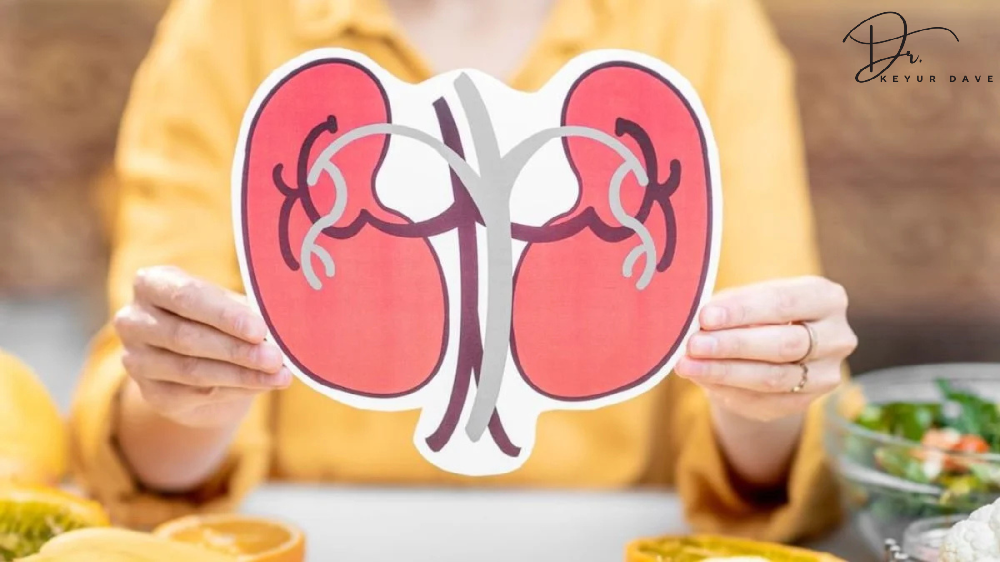Understanding Kidney Health: Signs, Prevention, and Everyday Habits That Help



 Your kidneys may be small, but their job is mighty. These bean-shaped organs filter about 50 gallons of blood each day, removing waste, excess fluid, and toxins from your body. They also help regulate blood pressure, control red blood cell production, and balance electrolytes.
Your kidneys may be small, but their job is mighty. These bean-shaped organs filter about 50 gallons of blood each day, removing waste, excess fluid, and toxins from your body. They also help regulate blood pressure, control red blood cell production, and balance electrolytes.
Despite their vital role, kidney disease often goes unnoticed until it's advanced. That’s why maintaining kidney health and recognizing early warning signs is so important. Here's what you need to know.
🚨 Early Signs of Kidney Trouble
Many symptoms of kidney issues are subtle or mistaken for other conditions. Some common signs include:
-
Fatigue and low energy
-
Swelling in ankles, feet, or hands (fluid retention)
-
Frequent or painful urination
-
Foamy or dark-colored urine
-
Shortness of breath
-
High blood pressure
-
Loss of appetite or nausea
If you experience any of these regularly, it’s important to consult a healthcare provider and get your kidney function tested.
🛡️ How to Keep Your Kidneys Healthy
1. Stay Hydrated – But Not Overhydrated
Drinking enough water helps flush out toxins, but excessive water can strain your kidneys. Aim for 6–8 glasses per day, unless advised otherwise by your doctor.
2. Control Blood Sugar and Blood Pressure
People with diabetes or high blood pressure are at higher risk for kidney disease. Managing these conditions through medication, diet, and exercise is key.
3. Eat a Kidney-Friendly Diet
Reduce salt, processed foods, and excessive protein. Focus on:
-
Fresh fruits and vegetables
-
Whole grains
-
Lean proteins (in moderation)
-
Low-sodium alternatives
4. Avoid Overusing Painkillers
NSAIDs like ibuprofen or naproxen can damage kidneys if used regularly. Use medications only as prescribed.
5. Quit Smoking
Smoking slows blood flow to the kidneys, decreasing their function over time. It also increases the risk of kidney cancer.
6. Exercise Regularly
Even moderate physical activity can improve kidney function and reduce the risk of chronic conditions that harm kidneys.
🧪 Regular Screenings Matter
Simple blood and urine tests can detect kidney issues early—before symptoms show up. If you have risk factors like diabetes, high blood pressure, or a family history of kidney disease, schedule annual screenings.
🧬 The Bottom Line
Your kidneys are silent warriors. Protecting them means protecting your overall health. With early action, smart choices, and routine check-ups, you can support these vital organs for life.
Healthy kidneys = a healthier you.

.png)
